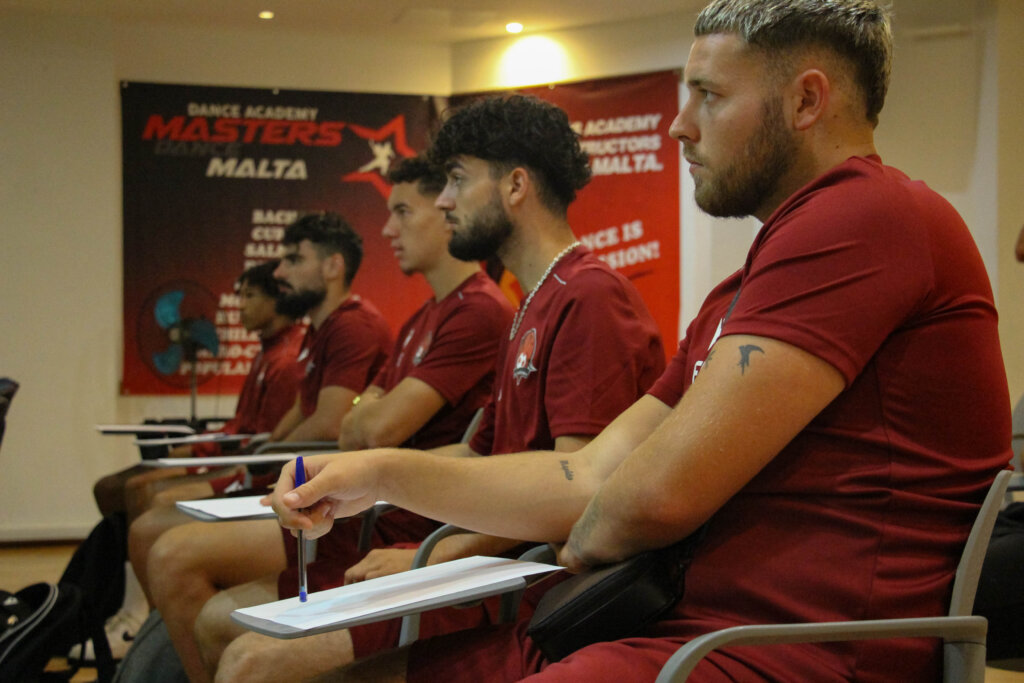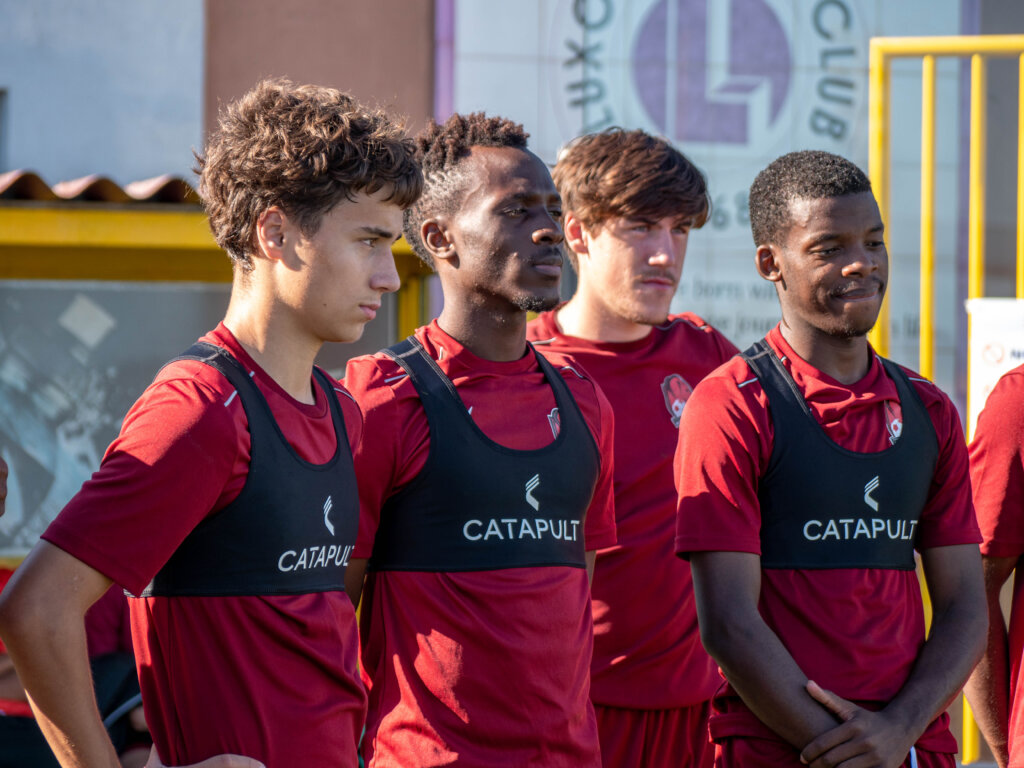The future of French football is taking shape in academies that combine top-level sport with academic excellence. These revolutionary establishments offer young footballers a unique opportunity to pursue their passion while building a solid educational foundation.
For parents concerned about their children's future and talented youngsters dreaming of playing on the pitch, understanding how these academies work is essential. How do these structures manage to reconcile intensive training with the school curriculum? What are the real benefits for student footballers?
This comprehensive guide reveals the inner workings of these new-generation football academies, their innovative teaching methods and the opportunities they offer to train the champions of tomorrow.
Summary
Double benefits: sporting excellence and academic success
A balance designed for personal fulfilment
The football academies with a curriculum are based on a simple but powerful philosophy: a young footballer who flourishes academically will perform better on the pitch. This holistic approach enables pupils to develop their sporting and intellectual skills simultaneously.
Studies show that young sportsmen and women who maintain a good academic level develop better mental discipline, a greater ability to concentrate and greater resistance to stress. These qualities are invaluable during major competitions.
Securing your professional future
Professional football remains an environment where few reach the top. The academies have understood this well: offering a quality education guarantees young footballers solid alternatives. Whether they become professionals or not, they have the academic tools they need to succeed in life.
This dual training also gives future professionals a better grasp of the business aspects of modern football: contract negotiation, financial management and media communication.
Programme structure: the art of integration
Optimised organisation of time
The days at a football academy follow a carefully orchestrated rhythm. The mornings are generally devoted to traditional lessons: maths, French, foreign languages and science. The afternoons are given over to technical, physical and tactical training.
This distribution is not insignificant. Concentration levels are at their highest in the morning, the ideal time for the most demanding academic learning. In the afternoon, physical activity provides the necessary relaxation while developing football skills.
Adapting the school rhythm
The school calendar is adapted to sporting constraints. Examination periods are avoided during crucial competition phases. Holidays are sometimes adjusted to allow participation in international tournaments or refresher courses.
The timetable follows the official syllabus, while adapting to the specific needs of young athletes. The small class sizes encourage personalised attention and better assimilation of knowledge.
Teaching methods tailored to sportspeople
Teaching methods often incorporate football references to facilitate understanding. Mathematics explores sports statistics, physics analyses ball trajectories and English focuses on international technical vocabulary.
This cross-curricular approach boosts student motivation by giving meaning to academic learning in a sporting context.

Infrastructure and resources: the optimum environment
State-of-the-art sports facilities
Modern football academies rival professional training centres. Natural and artificial turf pitches, weight rooms adapted to young people, recovery centres, medical areas: everything is designed to maximise the potential of footballers.
These facilities provide optimal training conditions, preparing youngsters for the demands of top-level football.
Modern educational spaces
On the academic side, the classrooms are equipped with the latest educational technology. Interactive whiteboards, broadband internet access, science laboratories, specialist libraries: the learning environment rivals that of the best schools.
Accommodation and catering
Many academies offer boarding facilities, enabling young people from all over France to join the programme. These residences offer a structured living environment, encouraging autonomy while maintaining a caring environment.
The catering follows the nutritional requirements of young athletes, with menus prepared by dieticians specialising in sports nutrition.
Coaching: expertise and mentoring
Qualified teaching staff
The education authorities recruit teachers who are graduates of the French national education system, and who are often familiar with the specific needs of young sportspeople. This dual expertise in teaching and sport guarantees a tailored approach.
Experienced technical staff
Our coaches have all the qualifications required by the French Football Federation. Many are former professionals who have been retrained, bringing with them their experience of top-level football.
Psychological and social support
Psychological support helps young people to cope with the pressure, develop their mental strength and maintain a balance between sporting and academic demands. This support is crucial during adolescence.
The future of integrated football education
Technological developments
The academies are gradually integrating new technologies: video analysis, performance sensors, virtual reality for tactical training. These tools are revolutionising football learning.
International partnerships
Exchanges with foreign academies are on the increase, offering young people valuable cultural and sporting opportunities. These exchange programmes enrich the educational experience.
Institutional recognition
The French Education Ministry and the French Football Federation are stepping up their collaboration, guaranteeing the quality and recognition of the diplomas awarded.

Conclusion
The football academy with school programme is much more than just sports training. It offers young enthusiasts a path to excellence that respects their overall development.
For parents, it's the assurance of a solid educational investment. For young footballers, it's the chance to pursue their dreams without compromising their future. This holistic approach forges well-rounded individuals, prepared for the challenges of modern sport as well as those of life.
The future of French football is being built on these school benches as much as on these training pitches.


